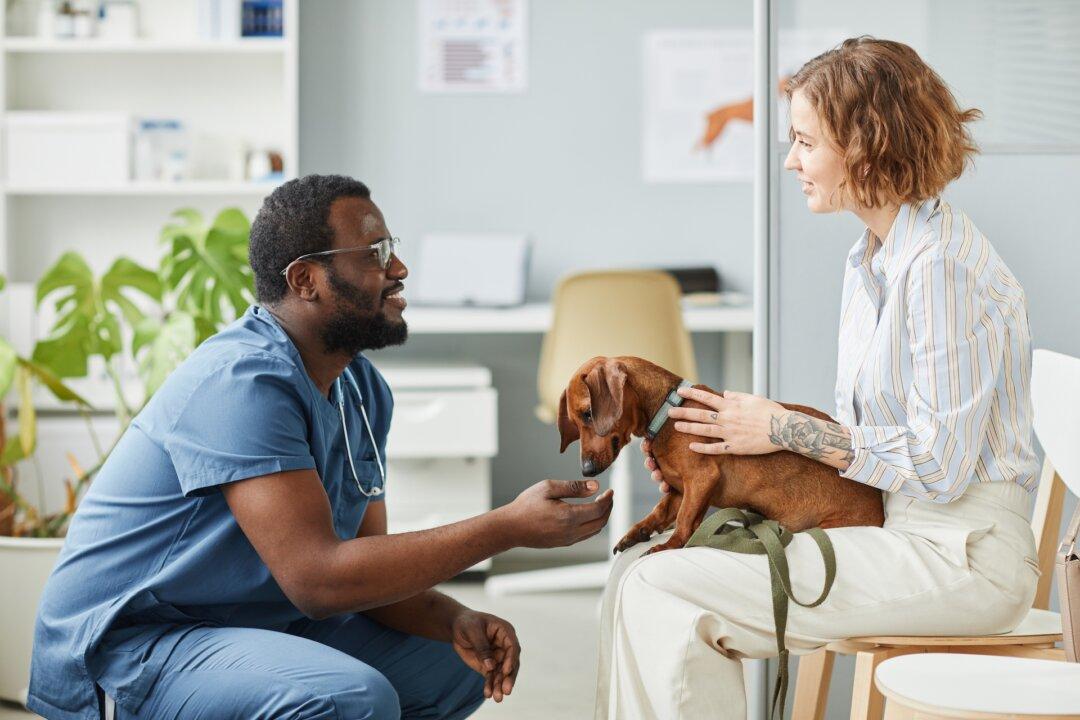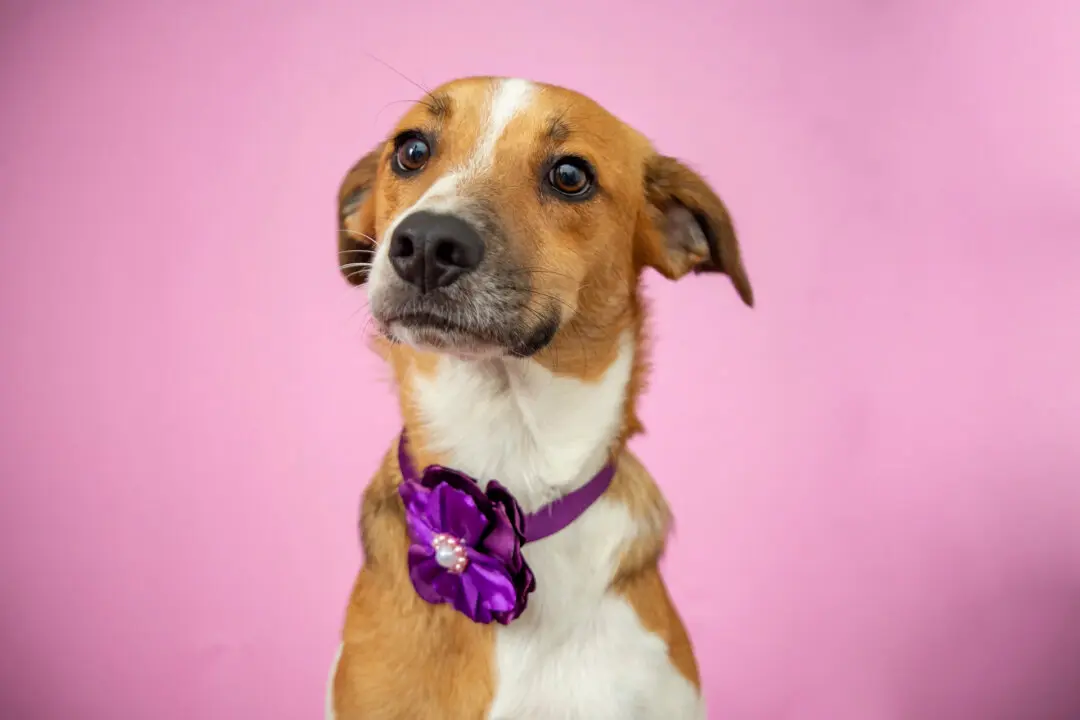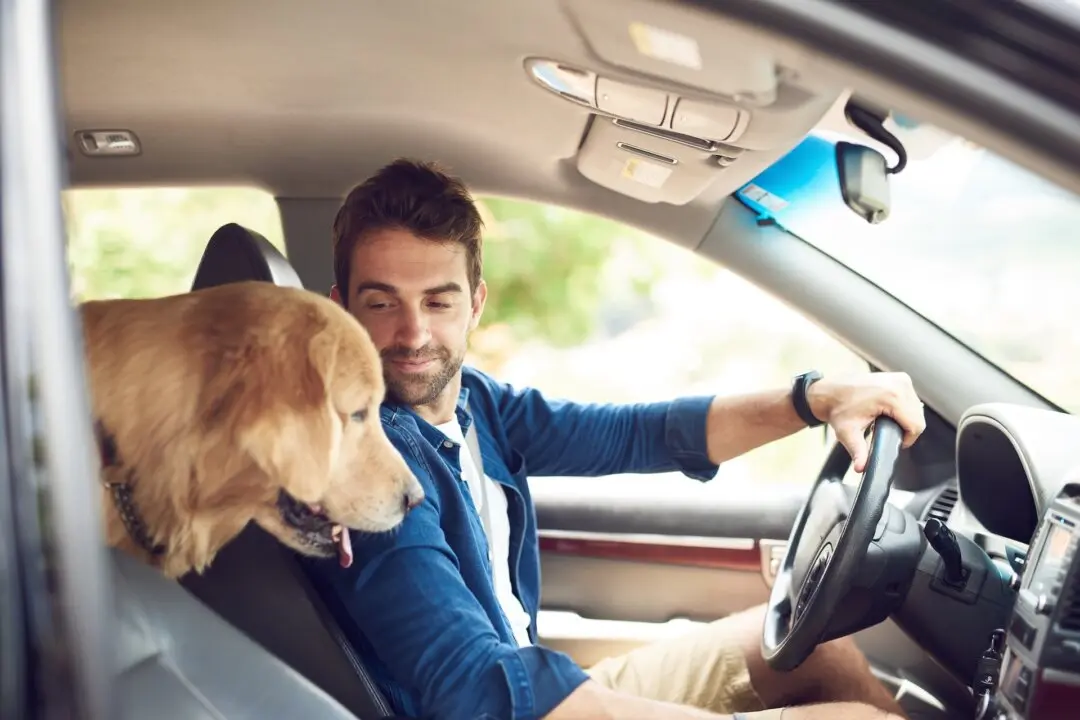Q: Harley, my 3-year-old bulldog mix, doesn’t go to the veterinarian often because he gets aggressive whenever he does. During his most recent visit, the vet recommended we consult a veterinarian who specializes in behavior problems to help Harley feel less anxious at the animal hospital. My question is, since the vet was able to give him his rabies vaccination, why bother?
A: First, I‘ll explain “why,” and if I do that successfully, I hope you’ll read on for the “how.”





